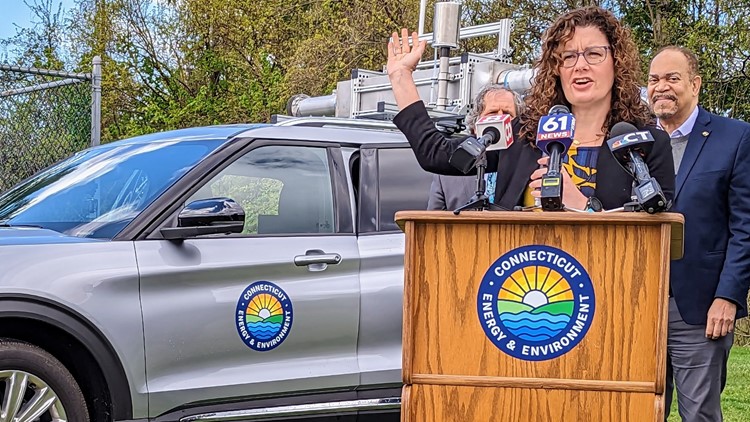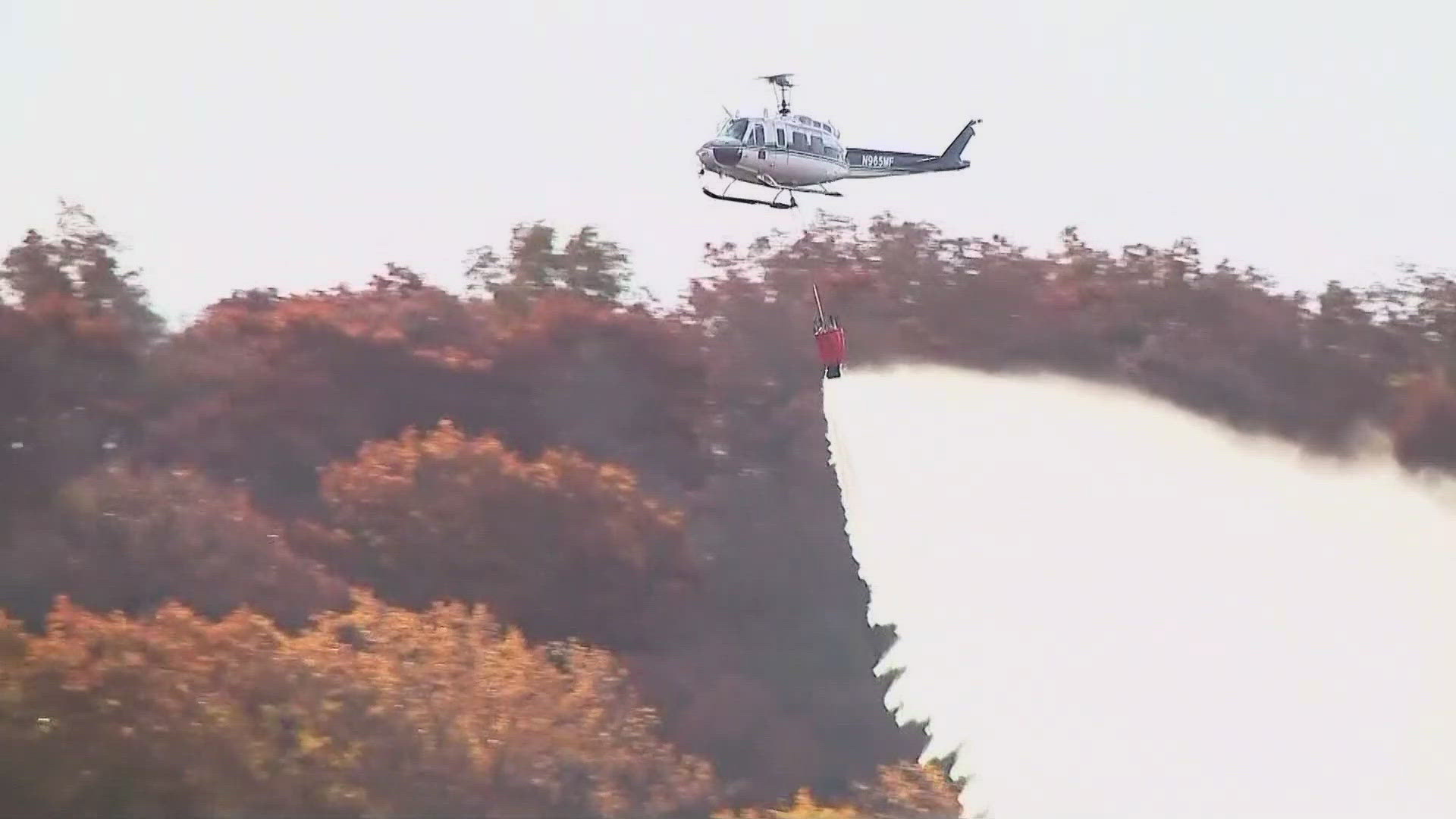HARTFORD, Conn. — On Thursday, the U.S Supreme Court temporarily blocked the “Good Neighbor Rule”, which would have enabled the Environmental Protection Agency to enforce a rule limiting air pollution in nearly a dozen states.
The “Good Neighbor Rule” was designed to limit smokestack emissions from power plants and other industrial sources that bring pollution and smog to downwind areas, according to the Associated Press. Ohio, Indiana and West Virginia challenged the role along with the other groups such as the steel industry, who called it costly and ineffective.
While legal challenges are ongoing, the Supreme Court put a hold on the rule. In Connecticut, Department of Energy and Environmental Protection criticized the ruling in a release on Thursday that said the majority decision will make it more difficult for states and the federal government to combat pollution and improve air quality in the U.S.
“(Thursday’s) Supreme Court decision in Ohio vs. EPA fails to acknowledge the ongoing inequities caused by interstate air pollution, especially in a state like Connecticut whose residents are overburdened by exposure to air pollution that is beyond our authority to regulate,” Dykes said in the release.
According to DEEP, the Supreme Court’s decision stalls the EPA rule that would have required polluters in upwind states whose “noxious emissions contribute to the formation of smog in Connecticut at levels that exceed federal health-based limits” to take steps to decrease their emissions.
The steps could require polluters to operate pollution control equipment that DEEP said is already installed.
“Instead, the majority of the court suggested that EPA committed a fatal procedural error by not re-issuing a new rule each time a state successfully argued it should not be subject to the EPA’s rule,” the DEEP release said.
The release noted that, for decades, Connecticut’s citizens have suffered the public health and economic impacts from the state’s inability to meet federal health-based standards for ozone/smog. The state has experienced some of the highest levels of smog along the east coast, including 19 days last year with unhealthy ozone levels, which puts people’s health at risk.
DEEP said that poor air quality in Connecticut during those 19 days was linked directly to pollution from outside the state’s borders that “combines with and worsens the impact of localized emissions.”
Unhealthy air negatively impacts the most vulnerable populations, especially those who reside in urban centers across the state. The release said the issue crosses political lines as much as it does state lines.
“While we have made great strides in implementing an entire suite of control strategies to reduce air pollution in Connecticut, only the federal government can address air pollution that originates from outside of our borders,” Dykes said in the release. “The Supreme Court’s decision has the potential to undermine Connecticut’s efforts on both the state and local levels. It also calls into sharp focus the urgent need to reduce air pollution from sources that are within our authority to control.”
RELATED: Supreme Court halts enforcement of the EPA's plan to limit downwind pollution from power plants
Dykes said that the EPA will be reviewed by a lower court but notes that the Supreme Court’s decision assumes – without review of the full record – that the polluters challenging the rule are likely to succeed.
Experts expect litigation will take years to unfold and that the message to Connecticut is “as clear as we wish our air was – learn to live with this pollution,” Dykes said.
“While today’s decision is a setback for our long-standing efforts to achieve clean air and address climate change, Connecticut remains committed to pursuing all necessary strategies to reduce emissions from high-emitting sectors like transportation to achieve our environmental goals and to protect the health of Connecticut residents,” Dykes concluded.
----
Dalton Zbierski is a digital content producer and writer at FOX61 News. He can be reached at dzbierski@FOX61.com.
----
Do you have a story idea or something on your mind you want to share? We want to hear from you! Email us at newstips@fox61.com.
----
HERE ARE MORE WAYS TO GET FOX61 NEWS
Download the FOX61 News APP
iTunes: Click here to download
Google Play: Click here to download
Stream Live on ROKU: Add the channel from the ROKU store or by searching FOX61.
Steam Live on FIRE TV: Search ‘FOX61’ and click ‘Get’ to download.



